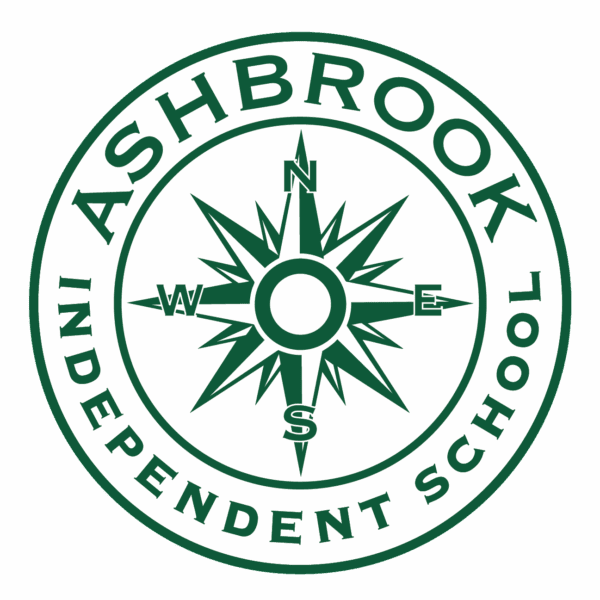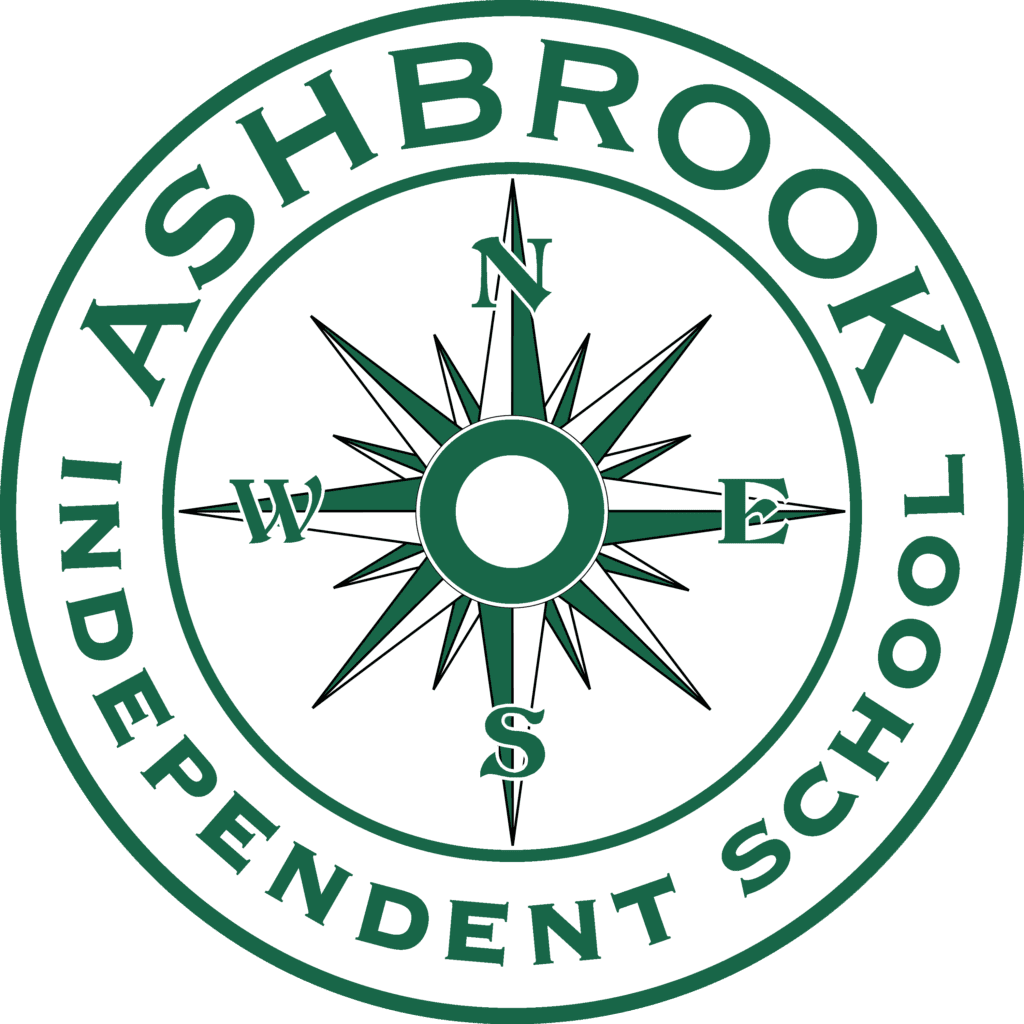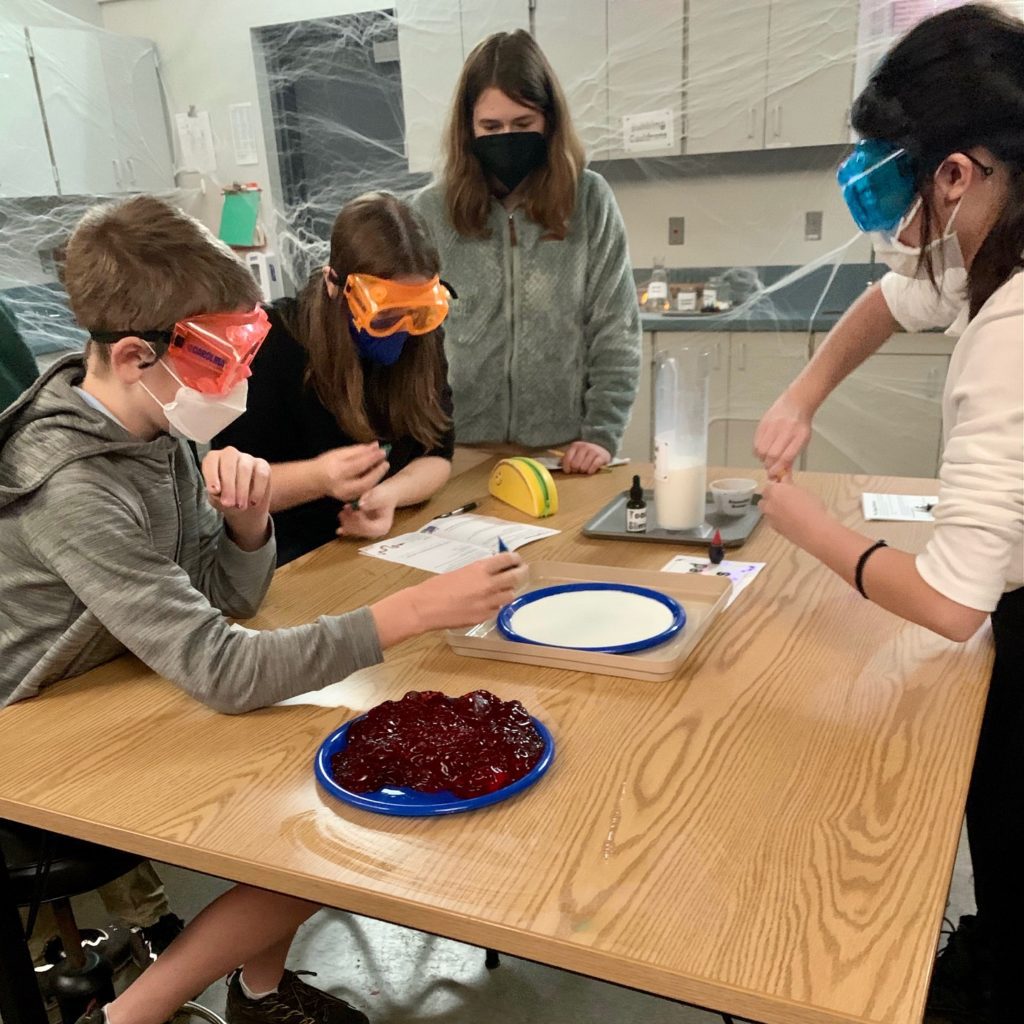In 1993, Dave and Cecilia Gore listed the educational criteria they were seeking for their two youngest children. The features they sought included: a rounded, full curriculum; flexible, advanced mathematics; history taught to show cause and effect; early introduction of foreign languages; small class sizes; and the challenging and nurturing of good students. They soon realized that such an educational facility was not available locally, so they decided to create their dream school in Corvallis. On the very last day of the year, the Gores incorporated The Independent School as a non-profit organization and began to search for a building site.
Finding an appropriate site was difficult. Finally the Gores discovered a beautiful 12.5 acre parcel adjoining Starker Arts Park. It was bordered by ash trees and along a brook, and seemed perfect for their school. In honor of the land, they named the school “Ashbrook.” They bought the land, renamed the non-profit organization Ashbrook Independent School to reflect the character of the land, and were on their way to realizing their dream.
Dave designed the building to support the educational program they imagined. Every teacher, regardless of subject, was to have a premier space for teaching. The building was to be bright and airy with an inviting center where students, staff, and families could all gather.
Ashbrook opened in September 1997. Most of the administrative staff were volunteers, and many teachers were part-time. Over the last two decades, AIS has grown in numbers and our current full-time staff have illuminated the dynamic evolution of our curriculum with the help of our students and stakeholders. The dream has been realized and is thriving as the roots of the Gore’s vision have become firmly planted in the community. This fall we celebrate 25 years of educational excellence, and we are humble and grateful for the vast contributions from the Ashbrook Community.


